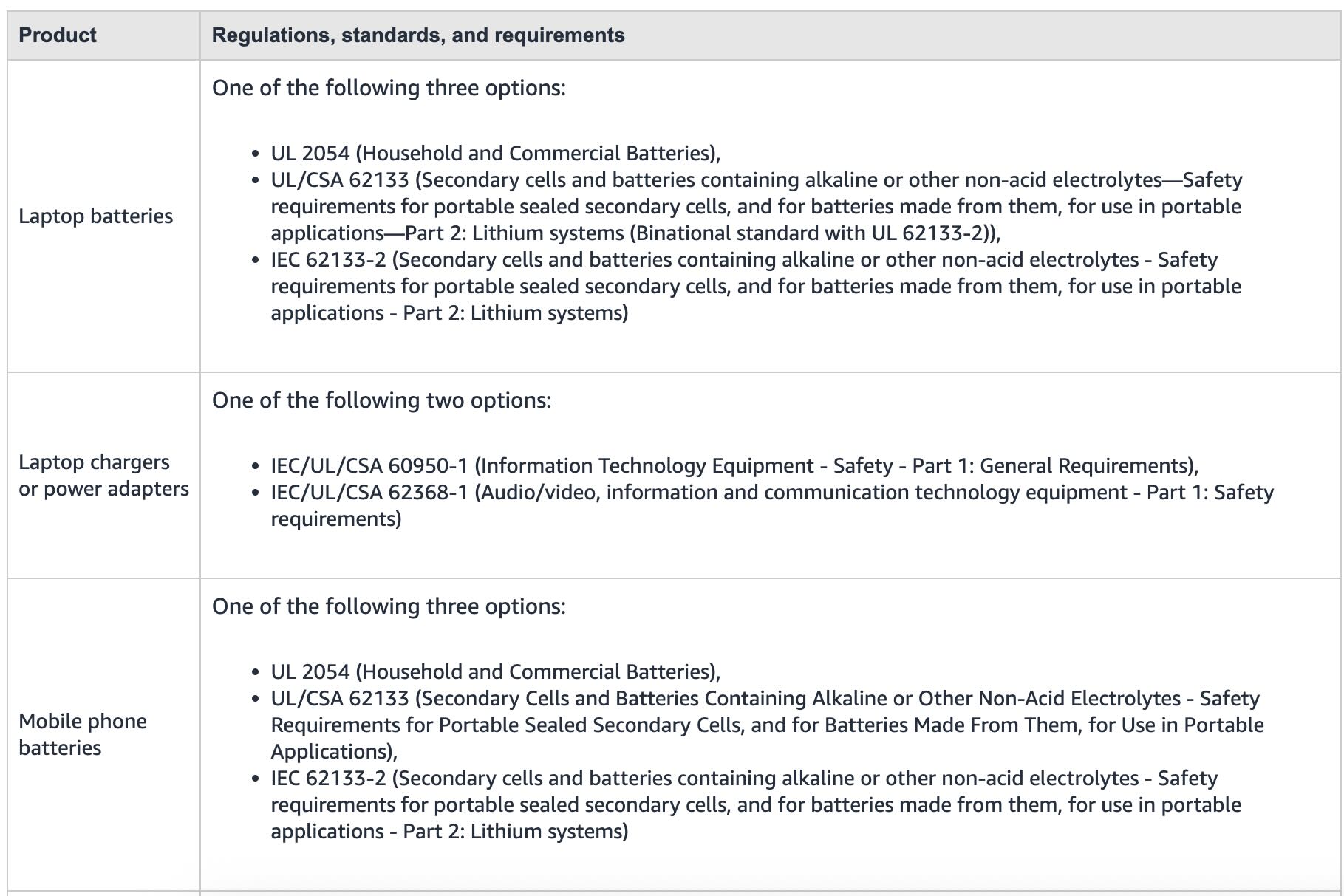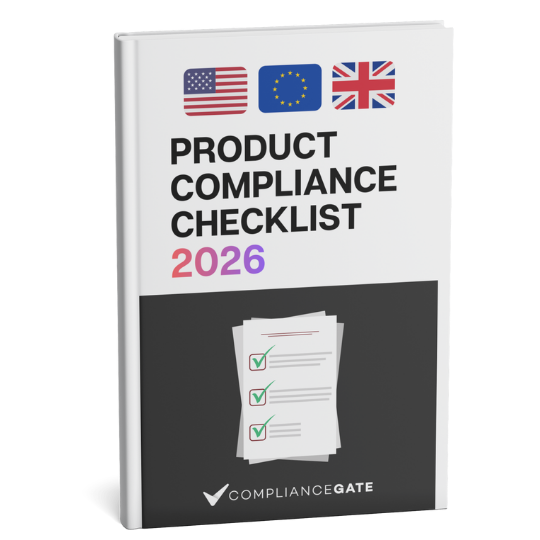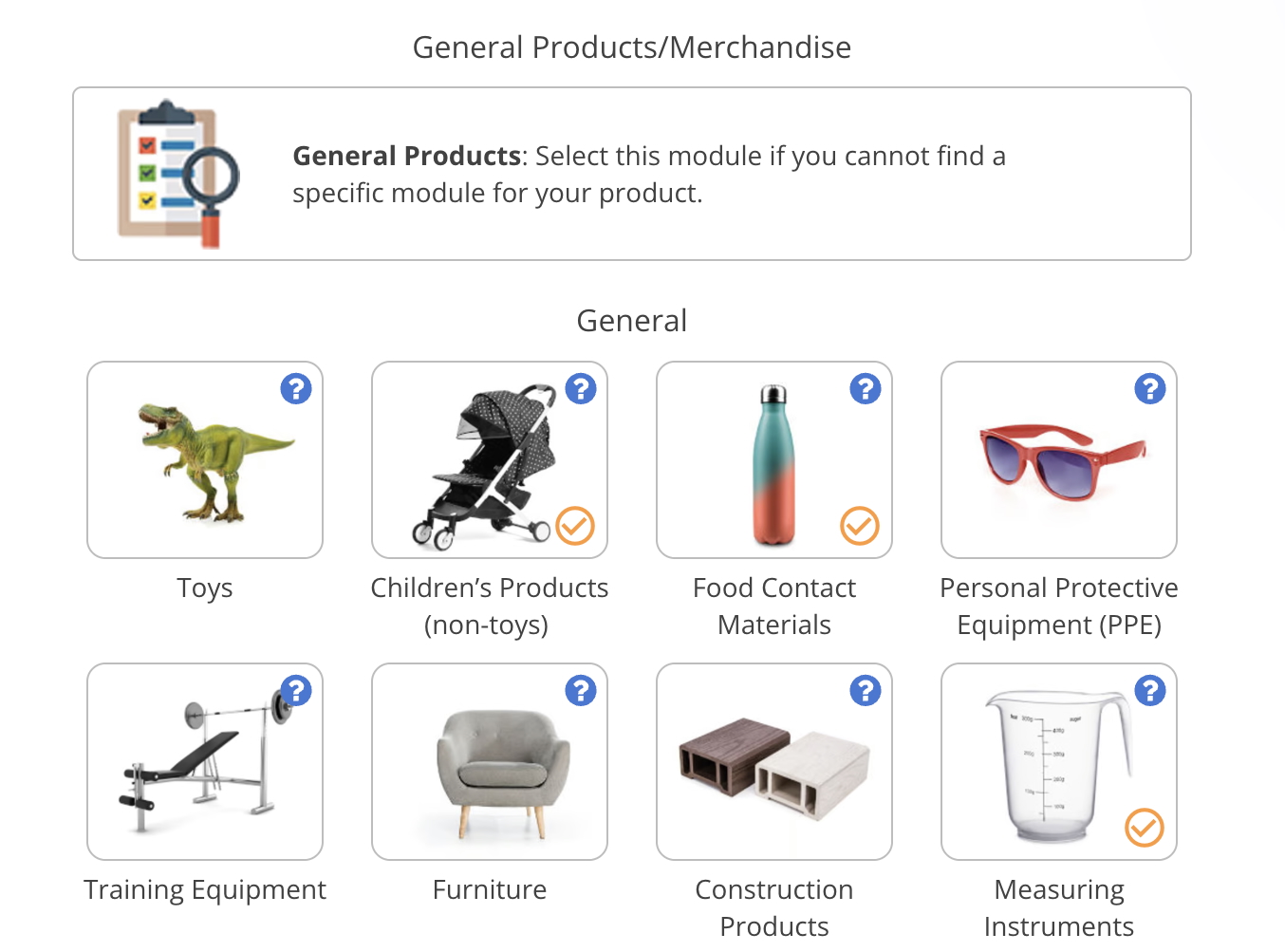
Businesses selling products on Amazon in the United States must ensure compliance with various regulations and standards. In this guide, we explain what you must know about Amazon compliance requirements concerning US federal and US state regulations.
You will also learn why voluntary UL and ASTM standards are also mandatory for certain products sold on Amazon in the US.
Content Overview

FREE CONSULTATION CALL (30 MIN)
 Ask questions about compliance requirements
Ask questions about compliance requirements Countries/markets:
Countries/markets:
 Learn how we can help your business
Learn how we can help your business
You will speak with:Ivan Malloci or John Vinod Khiatani
Which regulations and standards must Amazon sellers in the US comply with?
Amazon sellers shipping to consumers in the United States may need to comply with 3 categories of product compliance requirements:
1. US federal regulations
2. US state regulations
3. Voluntary standards
That said, not all products sold on Amazon are subject to all three groups. Whether that is the case depends on the product type, age group, and US states to which you ship products.
US Federal Product Regulation
Certain product regulations apply to goods sold in all US states. Here are some examples:
- Consumer Product Safety Improvement Act (CPSIA)
- Labeling of Hazardous Art Materials Act (LHAMA)
- Toxic Substances Control Act (TSCA)
- 21 CFR – Food and Drugs
Amazon requires that products sold on its marketplace comply with applicable US federal regulations. As such, products that do not comply with applicable federal regulations cannot be sold on Amazon and can be removed.
US State Product Regulation
US state regulations can set additional requirements that concern product safety, substances, and other aspects. For example, California sets substance restrictions for most consumer products, while Oregon sets chemical restrictions in toys that go beyond those set by CPSC children’s product safety rules.
Examples
- California Proposition 65
- California Lighting Efficiency and Toxics Reduction Act
- California Technical Bulletin 117-2013
- California Toxic Toy Bill
- Toxic-Free Kids Act (Oregon)
- Toxin-Free Toddler Act (Illinois)
Whether or not you need to comply with certain US state regulations depends on the product (i.e., type, material, and age group), and whether you ship from or to a certain state. I am aware of cases where Amazon has restricted products from shipping to California on the basis of not being compliant with California Proposition 65, for example.
Voluntary Product Safety Standards
Selling on Amazon in the United States can, depending on the product, mean that you must go beyond product safety requirements mandated on a federal or state level. This is due ot the fact that Amazon mandates compliance with voluntary standards for certain products.
Examples
Image source: Amazon seller central – Device batteries and chargers
This is also a reflection of the way the US regulates products. Many products are not subject to federal regulations, which leaves standards that are, on paper at least, voluntary.
Ultimately, it is in Amazon’s interest to ensure that products sold through its marketplace are safe.
FAQ
Which US federal regulations must products comply with?
Amazon does not publish a definitive list of US federal regulations that your products may need to comply with. Instead, Amazon requires that products sold in the United States through its marketplace comply with applicable US regulations.
While some guidance may be provided via Seller Central, it is up to you to determine which US regulations apply to your products and then implement the relevant safety, chemical, labeling, certification, and testing requirements accordingly.
Which US state regulations must products comply with?
Amazon does not provide a definitive list of US state regulations that products must comply with. Amazon requires that products sold through its platform comply with the relevant legislation, which can also include US state regulations.
As mentioned, it’s up to each seller to identify those requirements.
Where can I find information about the standards required by Amazon?
You can find information about the required voluntary standards in the Amazon Seller Central.
At what stage does Amazon verify if products comply with US safety requirements?
Amazon can request compliance documentation when a new product is initially listed or at a later date. Compliance checks can take place months or even years after a product was initially listed.
Here are some reasons why Amazon checks compliance with US regulations and standards:
1. They have received a product safety issue report
2. Routine check targeting your product listings
3. Action targeting your product category or industry
How does Amazon verify if products comply with US safety requirements?
I have seen Amazon request the following when vetting compliance:
1. Test reports
2. CPC or GCC (if applicable)
3. Label photocopies
For example, if you sell a children’s product, then you will need to provide a test report from a CPCC-accepted lab, a Children’s Product Certificate (CPC), and a photocopy of the tracking label.
Is country of origin marking required when selling on Amazon?
19 CFR Part 134 mandates that products sold in the United States are marked with the country of origin. This is also the case for products sold on Amazon in the United States.
Does Amazon require compliance with CPSIA?
Yes, Amazon mandates that all children’s products sold on its marketplace comply with the CPSIA.
Note that you cannot arbitrarily determine if your product is a children’s product or not. Amazon will ultimately take the CPSC guidelines into consideration when determining if a product is a children’s product.
Does Amazon require compliance with California Proposition 65?
Yes, I am aware of cases where Amazon has prevented products from non-compliance with California Proposition 65 from being shipped to California.
You can learn more about California Proposition 65 here.
Does Amazon require compliance with UL standards?
Amazon requires compliance with UL standards for certain products. Examples include lithium batteries, chargers, and other electronic devices.
Further, note that not all UL standards are voluntary. Some UL standards are incorporated by reference in federal regulations and, therefore, are also mandatory if you intend to sell on Amazon in the United States.
For example, Part 1263 incorporates ANSI/UL 4200A by reference, which means that the UL standard is mandatory.
Does Amazon require compliance with ASTM standards?
Yes, Amazon requires compliance with ASTM standards that are either incorporated by reference or required as part of Amazon’s own seller policy.

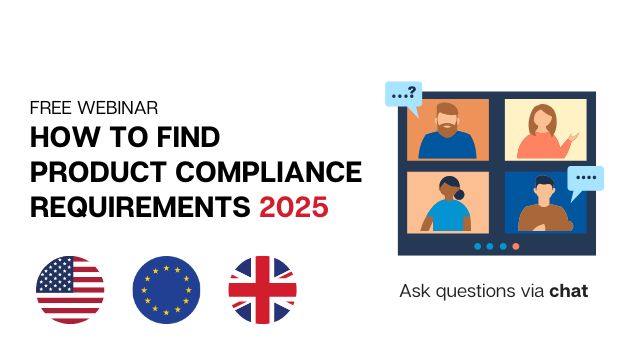





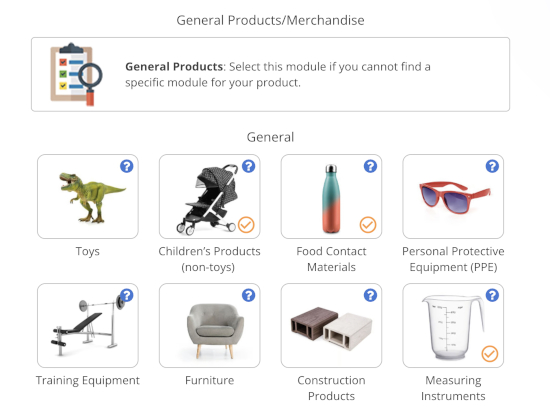






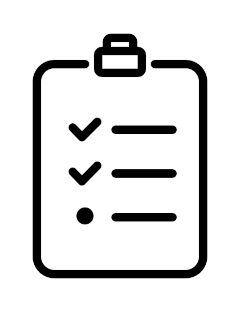


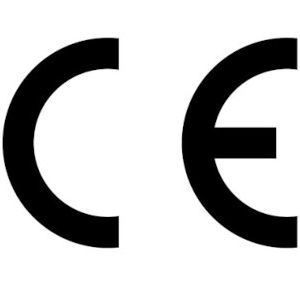




.png)
.png)
.png)
